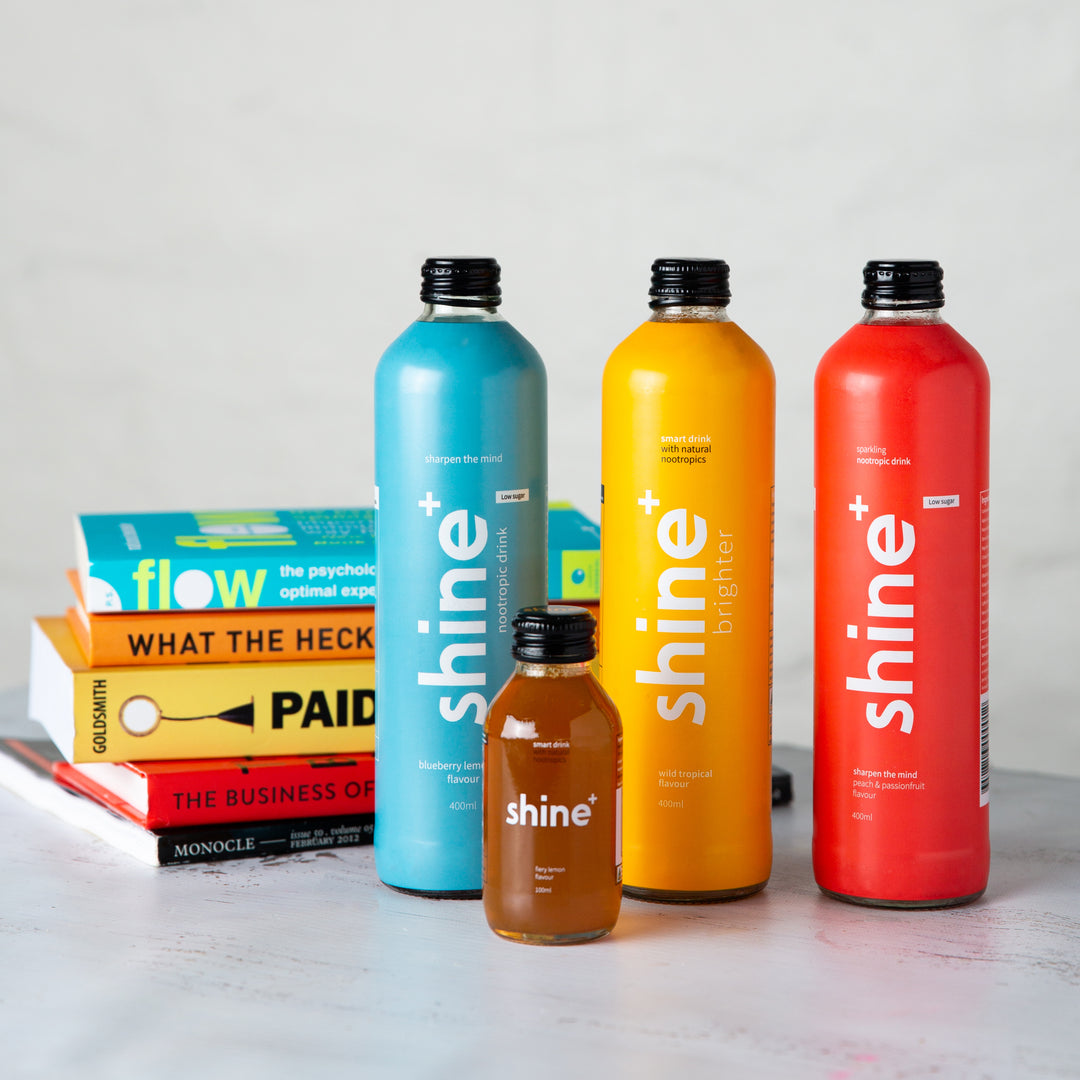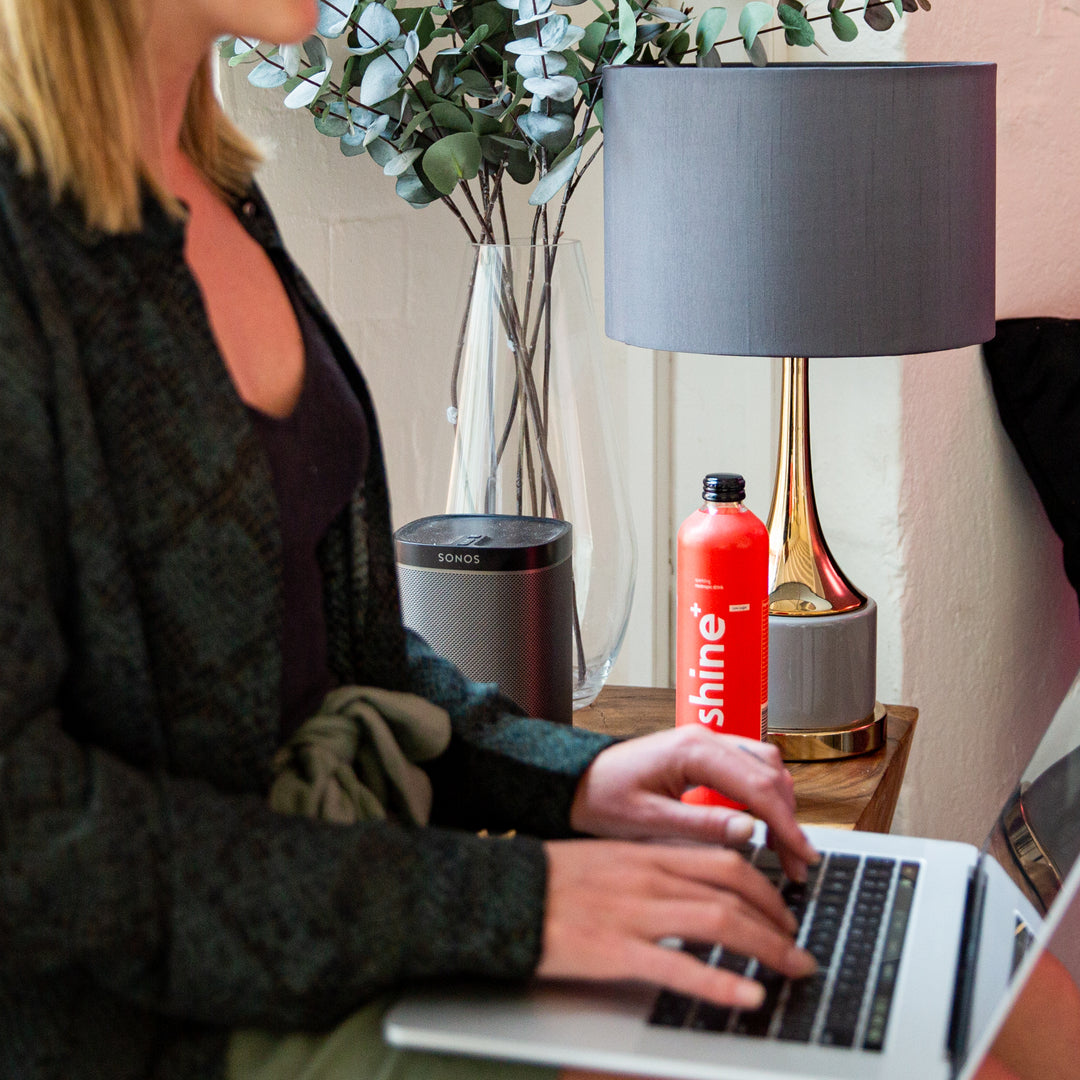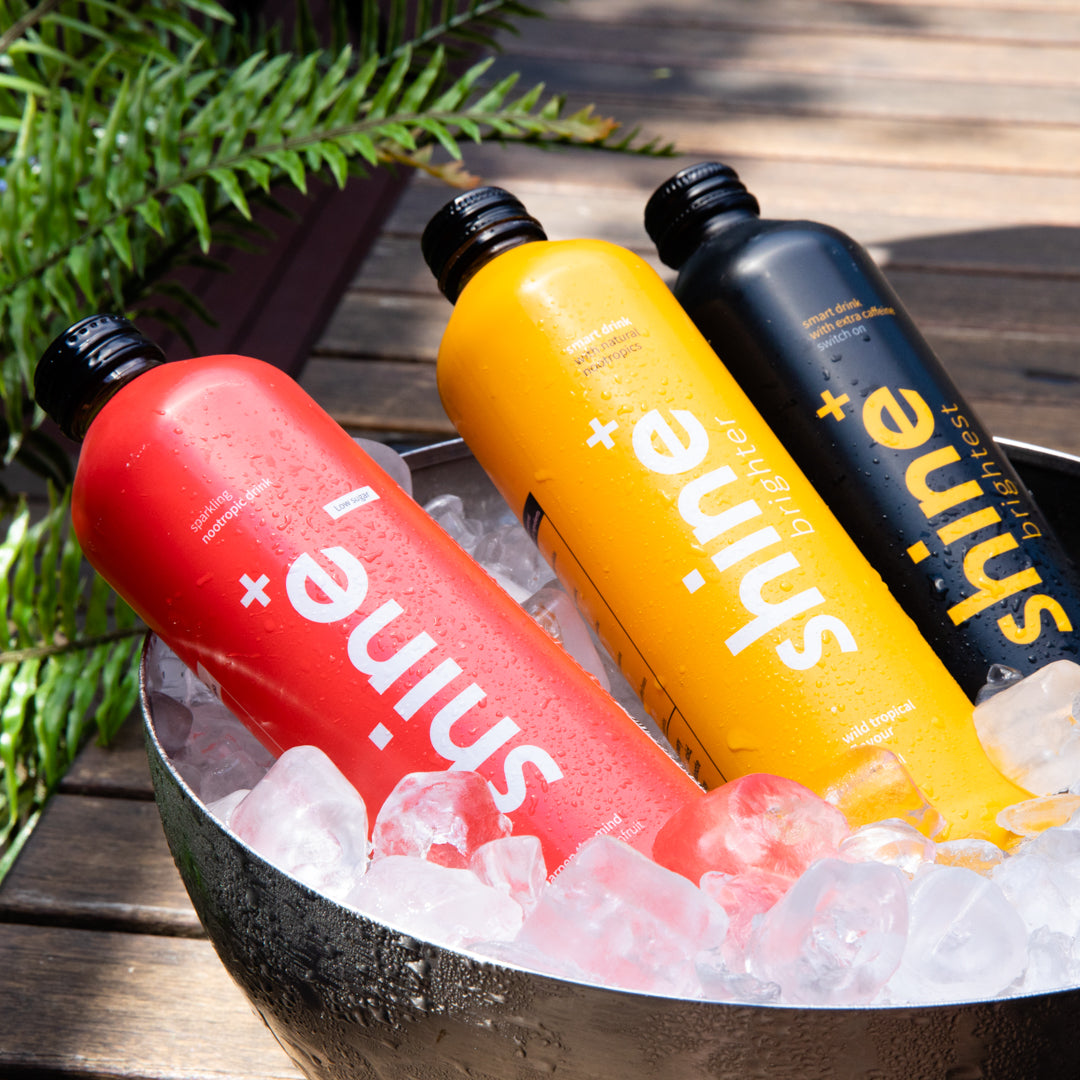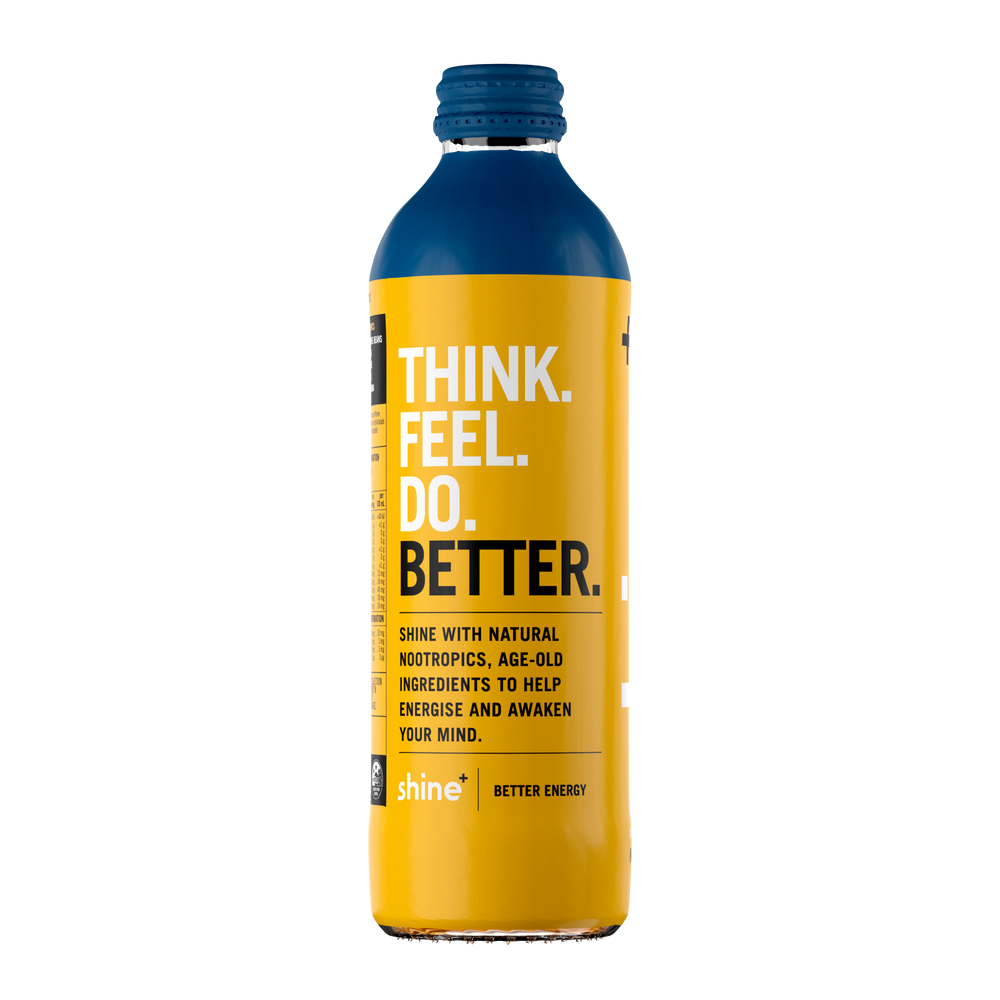THE BEST TED TALKS OF 2016 SO FAR
From time to time we all need a dose of inspiration to enrich our mind, invigorate our spirit and inspire our motivation to return, and to do so we’ve rounded up the best TED Talks of 2016 so far. From television ‘titans’, to social media activists, these brilliant minds provide life hacks, advice and anecdotes to enrich, educate and inspire us, and shift the way we think about the world around us. So sit back and let the life lessons sink in; they’re not called “Ideas worth spreading” for nothing.
Judson Brewer: A Simple Way to Break a Bad Habit
With our most popular bad habits, smoking and over eating, literally killing us – smoking and cancer related deaths are the leading expendable causes of mortality – we need to take a long hard look at how to shed our bad habits once and for all. Examining the link between mindfulness and addiction, psychiatrist Judson Brewer explores the evolutionary process of bad habits and distraction, and how we can utilize mindfulness to form better habits. After all, thinking big picture is what separates us from animals.
Judson's Key Ideas Worth Spreading
-
Think before you act: We can break out of reductive, fear-based habits through mindful thinking. Brewers got smokers to practice mindful thinking, encouraging participants to note down what they thought whilst smoking; "Mindful smoking: smells like stinky cheese and tastes like chemicals, YUCK!". Participants who did so became disenchanted on a visceral level with cigarettes, making it easier to break addiction. This was found to be twice as effective as standard therapy when it came to quitting smoking.
-
Make healthier habits: When we turn to ice cream every time we’re sad, we’re following an emotional signal rather than one of hunger. By engaging in this process of “trigger, behaviour, reward” we can easily develop an emotional eating pattern. Instead when we recognize potential triggers we should replace them with healthier habits, such as meditation or exercise.
-
Track the habit to kick the habit: An effective means of tracking our mindfulness and creating new habits is ironically one of the triggers that drive us to distraction. Mobile apps are a key way to shed our bad habits once and for all, as through tracking the link between our triggers and our behaviour we’re able to reflect mindfully.
Tim Harford: How frustration can make us more creative
Welcoming disruption doesn’t sound particularly enticing, however, Tim Harford convincingly explores how we can embrace challenges and the lessons they teach us.
Tim's Key Ideas Worth Spreading
-
Embrace the chaos: Rather than avoiding challenges, instead we should embrace them and wield the subsequent stress to enhance our resourcefulness, with these obstacles enriching our creative process rather than derailing it. Harford believes by forcing ourselves to think creatively, ultimately frustration aids our self-sufficiency and adaptability, and ultimately; “From time to time we all need to sit down and play the unplayable piano”.
-
Use stress to soar: Harford provides a significant example in which his philosophy was aptly demonstrated, using Keith Jarrett’s 1975 performance at the Cologne Opera House as an example. The roadblock in this instance took the form of an ‘unplayable’ piano, which thanks to the creative thinking of Jarrett, was utilized to create an “electrifying performance”, and whose recording would go on to become the best-selling solo jazz album ever. Chaos was the catalyst for this iconic performance, as "Jarrett had embraced that mess, and it soared”.
-
Fight your instincts: Harford, believing our instincts to avoid difficulty are wrong, and that the lessons we learn from such difficulty will aid us in the long term, wants us to shift our viewpoint; “…we need to gain a bit more appreciation for the unexpected advantages of having to cope with a little mess.”
Celeste Headlee: 10 ways to have a better conversation
We’re all guilty of checking our phone in the middle of someone’s sentence, or at the very least we’re fighting the temptation to check our Instagram Feed. Social media has inhibited our interpersonal conversation skills; more often than not we are often engaging in conversation just to reply; instead we should be engaging in order to learn, and to do so we need to learn to listen. Headlee stresses that the cornerstone to conversational competence is to actually listen, so if you want to be a smooth talker forget traditional mirroring tips, “There is no need to SHOW you’re listening if you actually are”.
Celeste's Key Ideas Worth Spreading
-
Don’t multitask: The most simple, but perhaps the most ignored piece of advice; give the person your full attention.
-
Don’t pontificate: Expect pushback, conversation goes two ways. Enter every conversation assuming you have something to learn. Headlee quotes Bill Nye to drive this point home; “Everyone you’ll ever meet knows something that you don’t”.
-
Use open-ended questions: Put in a Who, What, When, Where, Why & How and this will open up the floodgates for engaging conversation.
-
Go with the flow: Stories and ideas are going to come to you, “you need to let them come and you need to let them go”. Keep on track with the conversation you’re in, don’t plan out conversations in your head as it will result in artificial conversation.
-
Listen up: Fight against our instinct to talk. If you can’t make the effort to listen in a conversation then you’re not in a conversation; you’re just two people talking AT one another. We often listen with intent to reply, not with intent to listen and we need to change that.
Ultimately just show genuine interest and pay attention to other people, or as Headlee puts it; “Keep your mouth shut, ears open and always prepare to be amazed”.
Shonda Rhimes: My Year of Saying Yes to Everything
If you’re lucky you love your job; to say Shonda Rhimes loves her job is an understatement, she describes the rush of exhilaration and sense of satisfaction she gets from work as “the hum”. To Shonda “The hum is a drug. The hum is music. The hum is God’s whisper in my ear”. If these are the perks of the job then its completely understandable if the self-proclaimed “Titan” behind shows such as Grey’s Anatomy and Scandal were to discount the importance of work-life balance; however this is exactly what she’s advocating against.
Shonda's Key Ideas Worth Spreading
-
Just say yes: Rhimes year to saying yes took her out of her comfort zone and pushed her to make time for situations she’d normally avoid. This openness not only took away her fear and made her more confident in her ability to adapt to any situation, her year of saying yes also provided her with key insights, explored below. From this we can learn the power of saying yes and the opportunities and life lessons that this opens us up to, as ultimately life happens outside our comfort zone.
-
Feed your passion: "When I am hard at work, when I am deep within it, there is no other feeling… is hitting every high note, it is running a marathon, it is being Beyoncé, and it is being all those things at the same time." Instead of feeling guilty over the fact that she is at her happiest when working, Rhimes embraces her “hum”.
-
‘Playtime’ is key: When Rhimes “hum” stopped she found out the importance of “playtime” in order to prevent her from becoming overworked and uninspired. Rhimes believes that “…saying yes to playing with my children likely saved my career”, as by taking a small amount of time to switch off and “play”, Shonda found that her “hum” soon returned and led her to the realization that “work doesn’t work without play”.
Wael Ghonim: Let's design social media that drives real change
In a world where ideas can be shared, liked and retweeted, one man can make a difference, and as the man who single handedly helped to incite the Arab Spring with one Facebook page, Wael Ghonim knows a thing or two about how to drive change through social media.
Wael's Ideas Worth Spreading
-
The power of one: Ghonim’s leap to activism, inspired by the murder of Khaled Said by Egyptian police, shows how one person can make a difference in our social media driven landscape. By anonymously creating the Facebook page “We are all Khaled Said”, sparking frenzy and gaining huge traction amongst his fellow countrymen, Ghonim was able to create a catalyst for revolution. As Ghonim put it; “We were crowdsourcing ideas from the people. We were engaging them. We were calling collectively for actions, and sharing news that the regime did not want Egyptians to know.”
-
A united front: Social media was the impetus for the Arab Spring as it “…helped a decentralized movement arise. It made people realize they were not alone. And it made it impossible for the regime to stop it”. We need to realize that we’re the game changers, social media is the peoples platform and it is our domain to incite change. However social media must be utilized properly as it can tear us apart just as easily, preventing any real change from coming about, as demonstrated through the post-revolution fallout experienced by Ghonim on social media, that despite being the“tool that united us…eventually tore us apart”.
-
Aim for conversation, not controversy: Ghonim attributes the post-revolution backlash he experienced on social media to the fact that social media is designed in a way that “favours broadcasting over engagements, posts over discussions, shallow comments over deep conversations” in which we “talk at each other instead of talking with each other”. We need to engage with social media more mindfully and in a social media landscape that favours sensationalism, we should instead measure impact over views, provoke thought rather than argument and encourage healthy debate over conflict.
WORDS BY CLAUDIA STACEY-MURRAY










